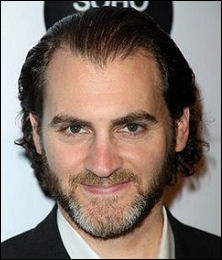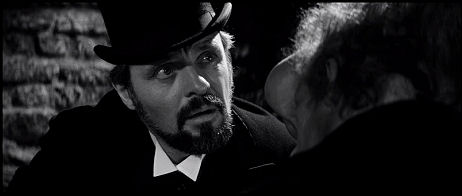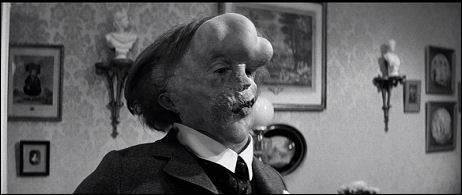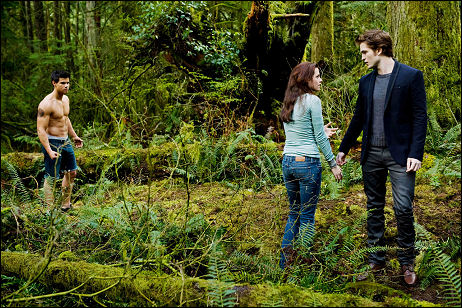I’ve been working on a list of ’09 films and filmmakers that achieved one of two things. One, they simply gave me enormous viewing pleasure. (Or even if an aspect of them did.) Or two, they introduced me to some new aesthetic or style or attitude that I hadn’t really absorbed before but which I felt comfortable with — i.e., in a calm and accepting frame of mind — as I left the theatre. In short, a list of my favorite films that I liked for my own damn reasons, and the hell with taking the pulse of the town.
I’m talking about a Best Picture list, for example, that includes Michael Mann‘s Public Enemies because I loved the ending so much. (Among other things.) And a Best Supporting Actor list that includes In The Loop‘s James Gandolfini and Peter Capaldi. And…well, you know, like that.
Awards-season favorites can and will be included, of course, but the films that I’ve been nudging aside in my head because they haven’t caught a good political wind deserve some time in the sun.
I have to leave for a Gotham Awards event and then a New Moon screening but I’m posting this now because I’m figuring everyone has a favorite or two along these lines.







